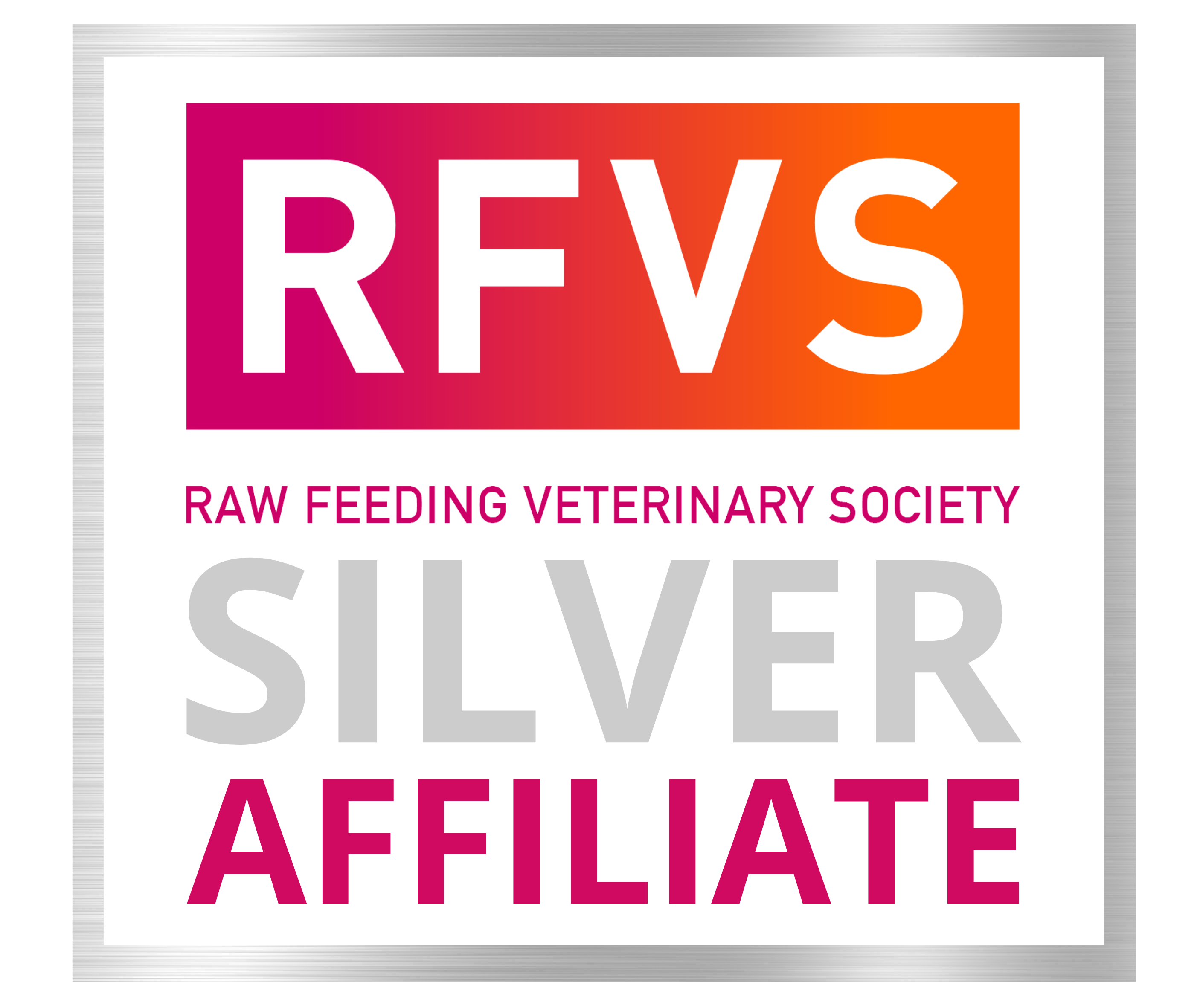Common Deficiencies in Cats
WHAT IS TAURINE?
Taurine is a sulphur-containing amino acid. It is essential for vision & cardiac muscle function, and for proper functioning of the nervous, reproductive and immune system.
TAURINE DEFICIENCY
Taurine deficiency is a recognised syndrome, first identified when cats began to eat processed foods. Dogs can also suffer from taurine deficiency.
The heat processing, and dietary fibre content of processed foods both reduce the availability of taurine in the diet. Initially, the pet food industry did not know about the taurine requirements of cats and dogs. Once the syndrome was identified in pets fed on processed foods, the decision was made to add taurine back in.
Cats in particular have specific requirements for several amino acids (taurine, arginine, methionine, cystiene). Their natural diet (mice, rabbits, insects etc) contains plenty of these amino acids. Deficiency may develop in anorexic cats, cats fed on plant-source proteins, and cats fed on high grain/starch content diets.
WHERE IS TAURINE FOUND?
Taurine is found in animal-source proteins. Raw Essentials products are a natural source. Taurine levels will decrease over time. Buy fresh frozen meats and use them within six months to ensure adequate taurine levels.
THIAMINE (VITAMIN B1)
Thiamine deficiency causes severe neurological symptoms and can be fatal. Cats have a high requirement for B vitamins - a continual dietary source is required to prevent deficiency. Deficiency is unlikely in cats consuming their natural diet as B vitamins are plentiful in animal tissues.
Some species of fish contains thiaminase (an enzyme that destroys thiamine). Cats would have to eat a lot of thiaminase-containing fish to develop deficiency, so we suggest that cats consume fish no more than three times a week.
Preservatives in fresh-meat cat-foods inhibit thiamine absorption. Be careful if feeding meat-only products that have been preserved with a sulphur-based preservative. These preservatives ‘hold’ the colour of the meat for an unnaturally long time so they stay looking good in the fridge. The preservatives can also trigger asthma in cats. Products marketed for pets (eg commercial fresh 'pet meat', 'pet mince' or processed/manufactured 'pet food rolls') may contain sulphite preservatives. Thiamine deficiency can occur when dogs and cats are fed on a diet containing sulphite preservatives. Read more about this issue here.
OTHER IMPORTANT NUTRIENTS
Cats are known as 'true carnivores' because there are several essential nutrients which they can only acquire in sufficient amounts from a carnivorous diet (or from a processed diet with added supplements - but this is not always a foolproof approach!)
In addition to taurine and thiamine, the other specific requirements of cats are as follows:
- Cats cannot synthesise sufficient nicotinic acid from tryptophan.
- Cats cannot convert carotene to retinol - they require a carnivorous diet to ensure adequate vitamin A.
- Cats cannot convert sufficient linoleic acid to meet their requirement for arachidonic acid.
Read more about Nutritional and Dietary Requirements for Cats

